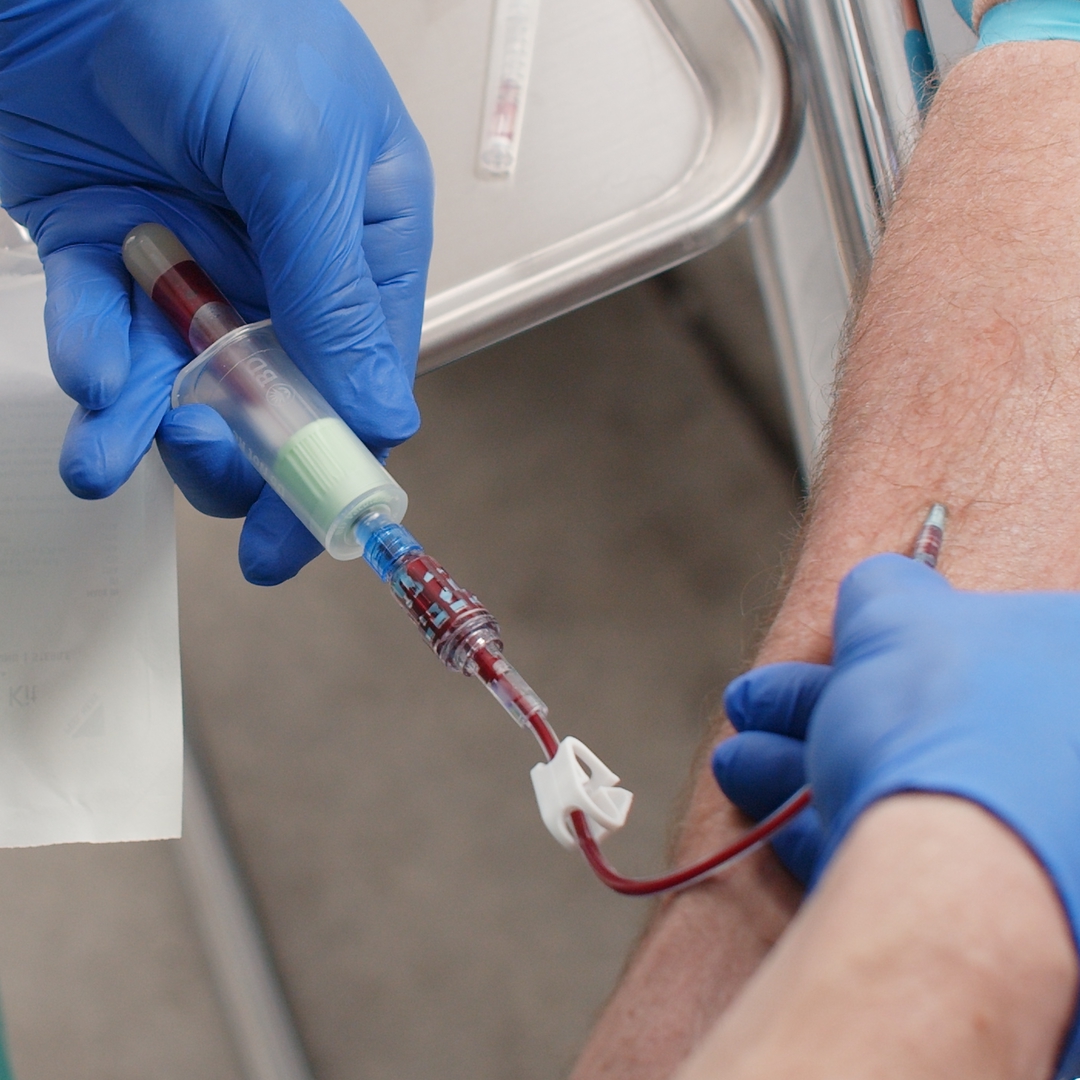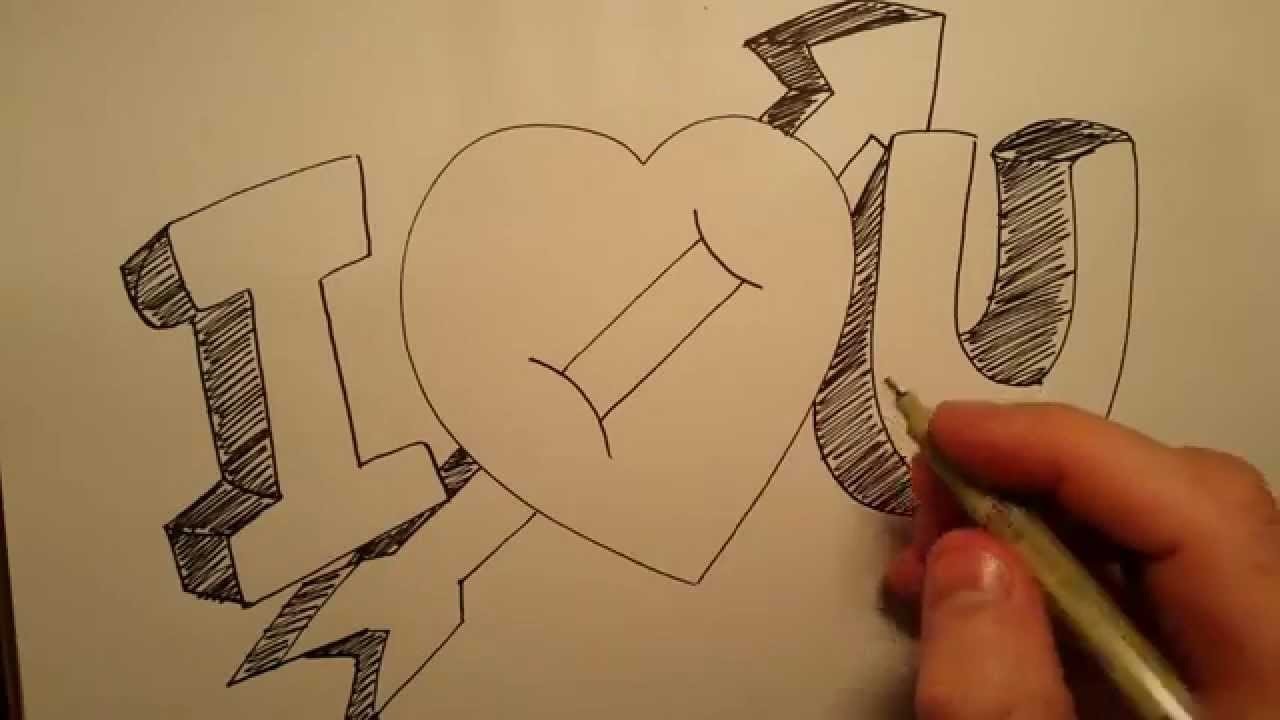Blood draw tuesday geoff fox my permanent record
Table of Contents
Table of Contents
It’s the morning of your blood draw, and you’re feeling hungry. But wait - you were told to fast before the draw. How long do you have to wait until your next meal? This guide will answer your questions about how long to fast before blood draw.
Pain Points
Many people dread getting a blood draw because of the discomfort of having a needle inserted into their arm. Fasting before the draw can add an extra level of discomfort, especially if you are someone who needs to eat frequently throughout the day. Additionally, if you’re not properly informed about how long to fast before the draw, you may end up fasting for too long or not long enough, which can lead to inaccurate test results.
Answer
The amount of time you need to fast before a blood draw can vary depending on the type of test being done. In general, it’s recommended that you fast for 8-12 hours before the draw. This means you should avoid eating or drinking anything except water during this time. However, it’s important to follow specific instructions given by your healthcare provider or the laboratory performing the test.
Summary
When preparing for a blood draw, it’s important to fast for the appropriate amount of time to ensure accurate test results. This generally means fasting for 8-12 hours before the draw. It’s also important to follow any specific instructions given to you by your healthcare provider or the laboratory performing the test.
Personal Experience
When I had to fast before a blood draw, I found it helpful to drink lots of water to help keep hunger pangs at bay. Additionally, I made sure to schedule the draw for as early in the morning as possible so that I could eat soon afterwards.
 Fasting for the recommended amount of time before the draw can also help make the process go more smoothly. When I followed my healthcare provider’s instructions and fasted for 8 hours before the draw, the process was quick and relatively painless.
Fasting for the recommended amount of time before the draw can also help make the process go more smoothly. When I followed my healthcare provider’s instructions and fasted for 8 hours before the draw, the process was quick and relatively painless.
Potential Risks
If you do not fast for the recommended amount of time before a blood draw, you may receive inaccurate test results. For example, if you eat shortly before the draw, your blood glucose levels may be higher than they should be, which can lead to a misdiagnosis of diabetes. Similarly, if you fast for too long, you may experience low blood sugar levels, which can lead to fainting, dizziness, or other complications.
 ### Factors Affecting Fasting Time
### Factors Affecting Fasting Time
The recommended fasting time before a blood draw can vary depending on several factors, including the type of test being done and any medications you’re currently taking. For example, if you’re taking certain medications that can affect your blood glucose levels, your healthcare provider may recommend a shorter or longer fasting time.
 #### Preparing for the Draw
#### Preparing for the Draw
Before your blood draw, make sure you follow any instructions given to you by your healthcare provider or the laboratory performing the test. This may include fasting for a certain amount of time, drinking plenty of water, and avoiding certain medications or foods. It’s also a good idea to wear loose, comfortable clothing to the appointment to make the process more comfortable.
Personal Experience
When I had to fast before a blood draw for the first time, I was worried about feeling hungry and uncomfortable. However, I found that drinking lots of water and distracting myself by reading a book or listening to music helped make the process more manageable. Additionally, I made sure to schedule the appointment for as early in the morning as possible so that I could eat soon afterwards.
Question and Answer
- Q: Can I drink coffee or tea during the fasting period?
- A: It’s generally recommended that you avoid coffee, tea, and other beverages besides water during the fasting period as they can affect test results.
- Q: What should I eat after the blood draw?
- A: It’s a good idea to have a balanced meal or snack that includes carbohydrates and protein to help stabilize your blood sugar levels. However, avoid overeating as this can affect test results.
- Q: How long will it take to get my test results?
- A: This can vary depending on the type of test being done and the laboratory performing the test. Your healthcare provider can give you an estimated time frame for when you should expect to receive your results.
- Q: What if I need to eat during the fasting period?
- A: If you have a medical condition that requires you to eat frequently, talk to your healthcare provider about how to prepare for the blood draw.
Conclusion
Knowing how long to fast before a blood draw is an important part of preparing for the test. Fasting for the recommended amount of time can help ensure accurate test results and make the process more comfortable. If you have any questions or concerns about how to prepare for a blood draw, talk to your healthcare provider for guidance.
Gallery
Blood Draw Tuesday – Geoff Fox: My Permanent Record

Photo Credit by: bing.com / geofffox
How Long To Fast Before Blood Work? – HealthMatters.io – Lab Results

Photo Credit by: bing.com / biomarkers
IV Video Course | Nurse Keith

Photo Credit by: bing.com / iv blood draw course
Forced Blood Draw: What You Need To Know 2021

Photo Credit by: bing.com / blood draw forced need procedure know law
7 Conseils Pour Faciliter Une Prise De Sang

Photo Credit by: bing.com / phlebotomy tourniquet faciliter blut erleichterung blutentnahme prélevé verywellhealth






